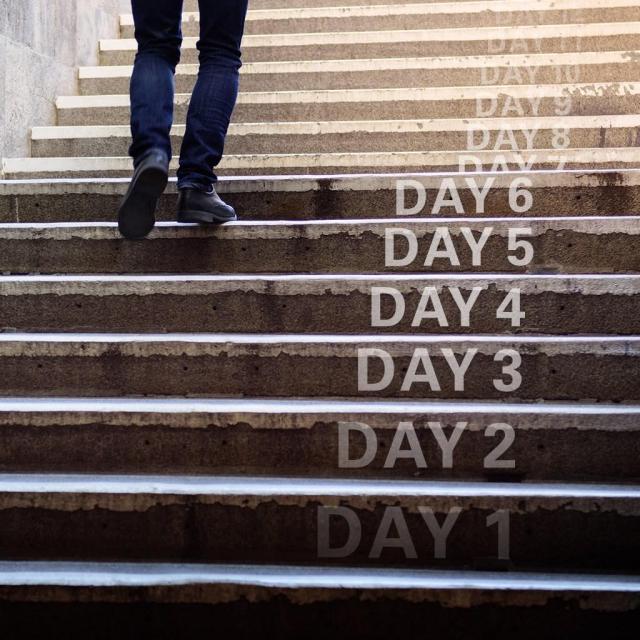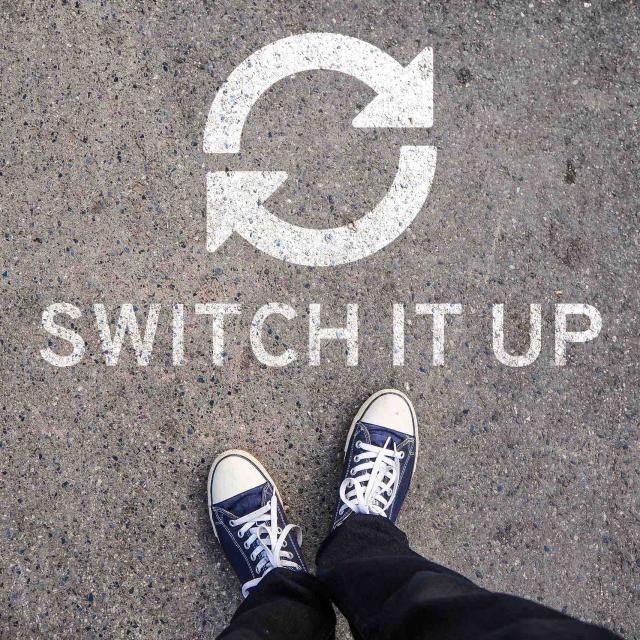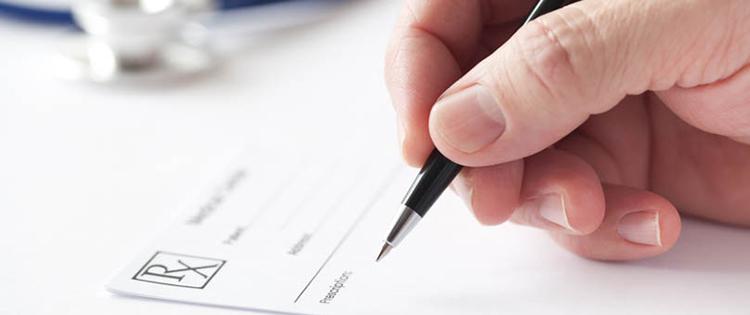Vapes, electronic cigarettes, and e-cigs are just some of the names for battery-powered devices used to inhale nicotine. Quitting isn’t easy. Having a plan helps. Read on for information and advice that can make all the difference.

Quitting is Winning
Even if you’re just considering quitting, it’s a step in the right direction. If you’ve made the decision to quit, congratulations. Set yourself up for success with these tips:
- Choose a quit date. Make it a date in the next few weeks. This will become a day for you to celebrate.
- Set yourself up for success! Talk with your VA provider about getting help with quitting.
- Before your quit day, you may want to consider taking small steps to prepare for your quit - like switching to a flavor you don't like as much and making your vape less easily accessible.
- Pick a day that won’t be very stressful—and plan to keep yourself busy doing things you like.
Nicotine Withdrawal
It’s common to experience nicotine withdrawal symptoms and cravings to vape while quitting. If you used to smoke cigarettes, you might also have cravings for them while quitting vaping. Symptoms of withdrawal are different for everyone, but may include:
- Anger/irritability
- Anxiety
- Depression
- Difficulty concentrating
- Impatience/impulsivity
- Increased appetite
- Mood swings
- Restlessness
Quit medications may help make these withdrawal symptoms easier to handle. Learn more about tobacco addiction and how medications can help.
Identifying Triggers and Cravings
Triggers are sights, sounds, and even smells that make you think of vaping and can trigger cravings. Triggers can also include activities or times of the day that make you want to vape—like when waking up or after eating. Strong emotions or sensations can also be powerful triggers. Here are some common situations that can trigger cravings even if you may not be having nicotine withdrawal:
- Waking up during the night or having nightmares
- During work breaks
- Driving
- Stress or pain
- Feeling anxious, angry, impatient, or bored
- Drinking alcohol or coffee
- Seeing someone else smoke or vape
- After sex
- Before bedtime
- Watching TV or a live game
- Playing a sport
Changing Vaping Behaviors
Triggers can be powerful. And for some people, vaping becomes so automatic that they find themselves vaping continuously throughout the day. But you can learn how to manage triggers and change your behaviors to set yourself up for success when quitting:
- Get rid of your vape and other reminders of vaping on or before your quit day. This will give you the best chance of staying vape-free.
- Avoid places where you know people will vape or smoke.
- Ask friends and family not to vape or smoke around you or offer you their vape.
- Switch up your daily routine.
- Keep sugar-free gum, mints, or candy on hand for when cravings hit.
- Get more active—maybe spend some time walking outdoors, if possible.
Here are even more tips on dealing with tobacco triggers and getting through cravings.
Talk to Your VA Provider About Quit Medications
Quitting is tough. But you can do it. And your VA provider can help. Your provider may ask you questions about your vaping to determine which quit medication is best for you. For example, they may ask about the nicotine content of your vape (e.g., 5% nicotine) or how long each pod or vape lasts you—to have a sense of how much nicotine you’re getting.
There are quit medications that are proven to be effective for treating the physical addiction to nicotine. Quit medications may also help lessen symptoms of withdrawal caused by vaping. Ask your VA provider about which medications may work best for you. Common quit medications include:
- Nicotine replacement therapies (NRT), such as nicotine gum, patches, lozenges, or nasal spray
- Bupropion (prescription medication)
- Varenicline (prescription medication)
Click here for more about quit medication, or reach out to your VA provider on My HealtheVet.
There’s No Need to Go It Alone
The Power of Combining Quit Medication and Counseling
Your best chance for quitting is to combine quit medication and behavioral counseling. Counseling helps people deal with things like managing stress and triggers that can lead to relapse. Individual counseling or group-based counseling are both available through your local VA medical center.
Quit Coaches Are Standing By
Veterans enrolled in VA health care can call the VA’s tobacco quitline at 1-855-QUIT-VET (1-855-784-8838). Quit coaches can help you make a plan to quit vaping and they will work with you to come up with strategies to deal with cravings. They’ll even check in with you to help you stay on track if you choose. Quit coaches are available Monday–Friday, from 9AM–9PM ET.
Get By With A Little Help From Your Friends and Family
Tell your friends and family that you are quitting vaping. If you have friends who still vape, consider asking them not to vape around you. If you’re close with anyone who has quit vaping or smoking, ask them to support you as you quit.
See What’s Out There
Reach out to your VA provider on My HealtheVet to find out what other counseling resources are available through your local VA medical center.
What to Do if You Want to Quit Vaping and Smoking
Some people who vape also use cigarettes or other tobacco products. It’s important to know that there is no safe level of tobacco use. If you are a Veteran who smokes cigarettes or uses other tobacco products besides vapes, now is a good time to quit those too.
Speak with your VA provider about what treatments are available to help you quit: both quit medications and behavioral counseling can help. Here are some things you should know:
- Quitting all tobacco products is the best thing you can do for your health.
- You may want to quit both products at the same time, or you may want to consider quitting cigarettes first due to the many health harms from smoking cigarettes. Talk with your VA provider about the best approach for you.
- Those who smoke and also vape may find it harder to quit, since they may have higher nicotine intake.
- If you’re already using quit medication and still struggling with withdrawal symptoms and cravings, talk to your VA provider. They may adjust the dosage of your medication.
Be Sure to Celebrate
Be sure to reward yourself along the way! Even the small victories deserve to be recognized. Here’s more about celebrating successes.






